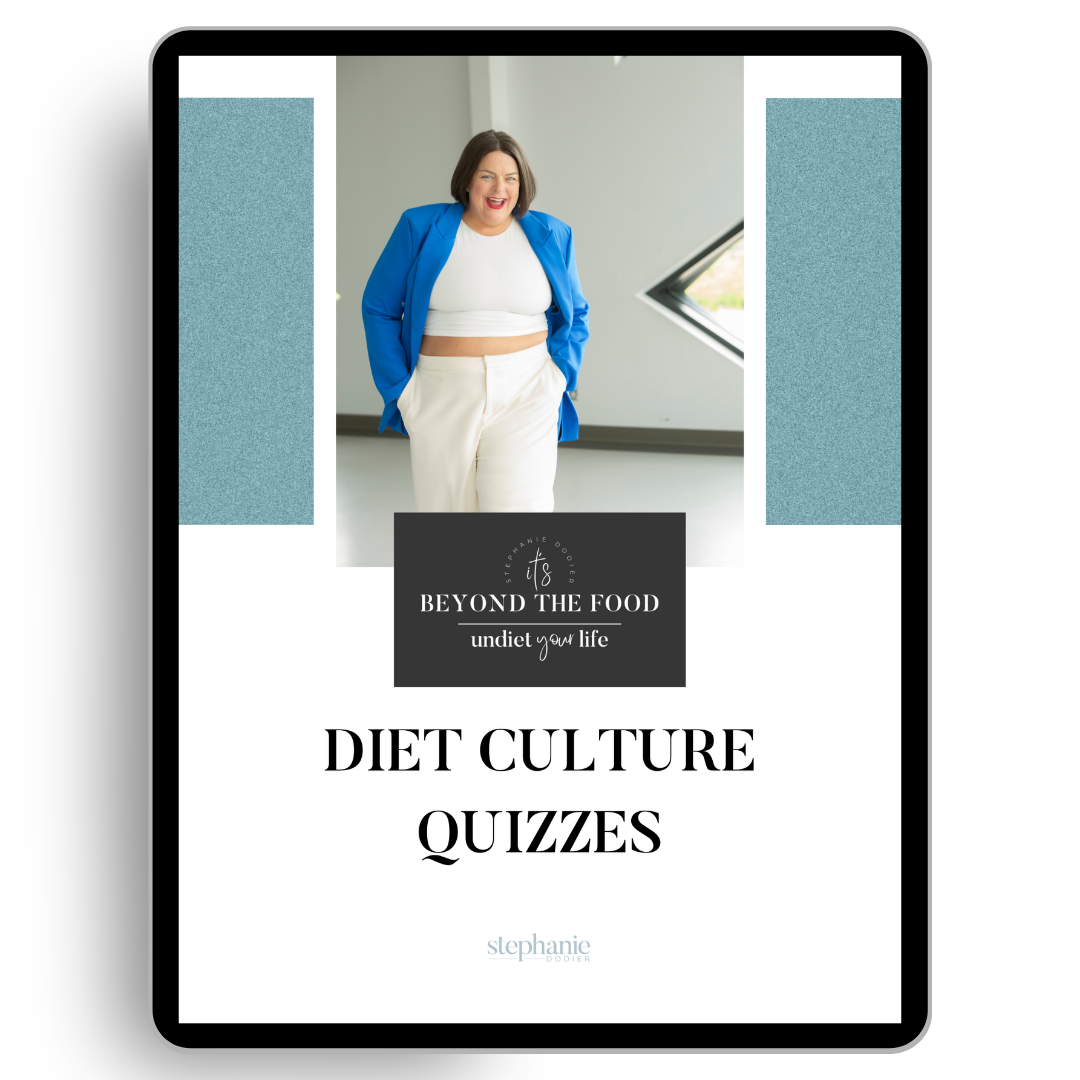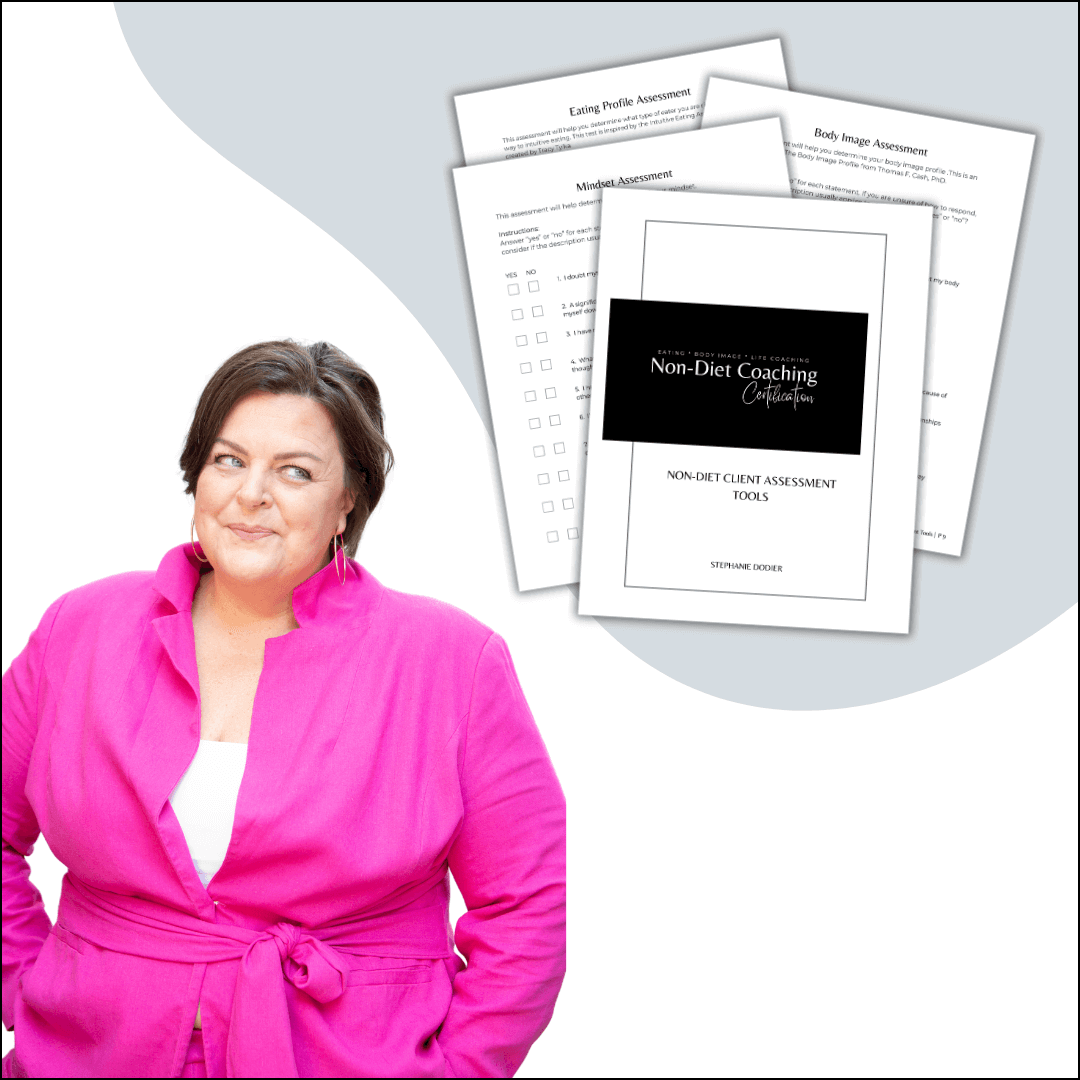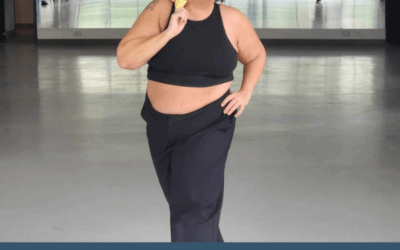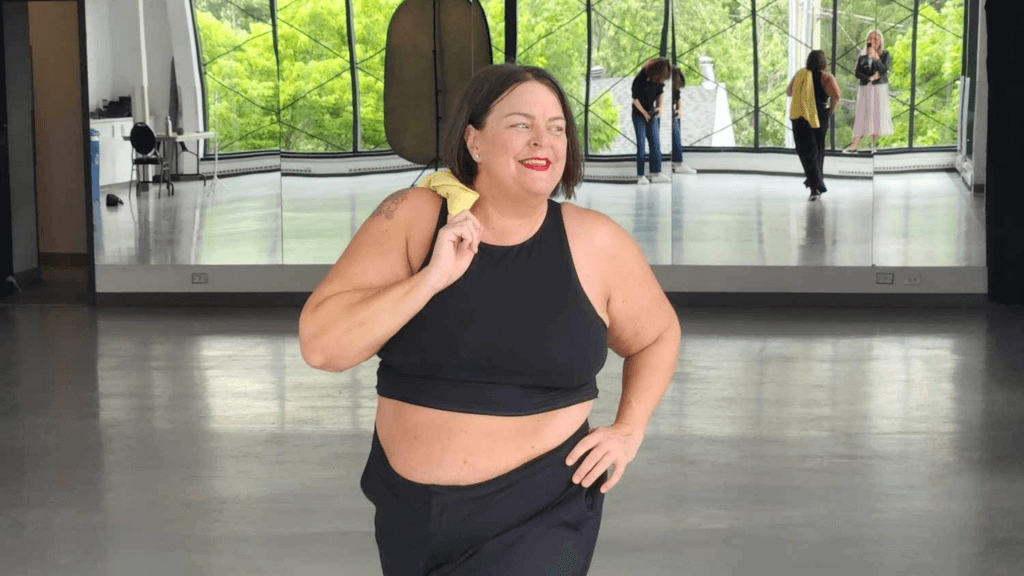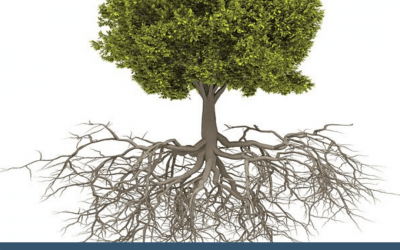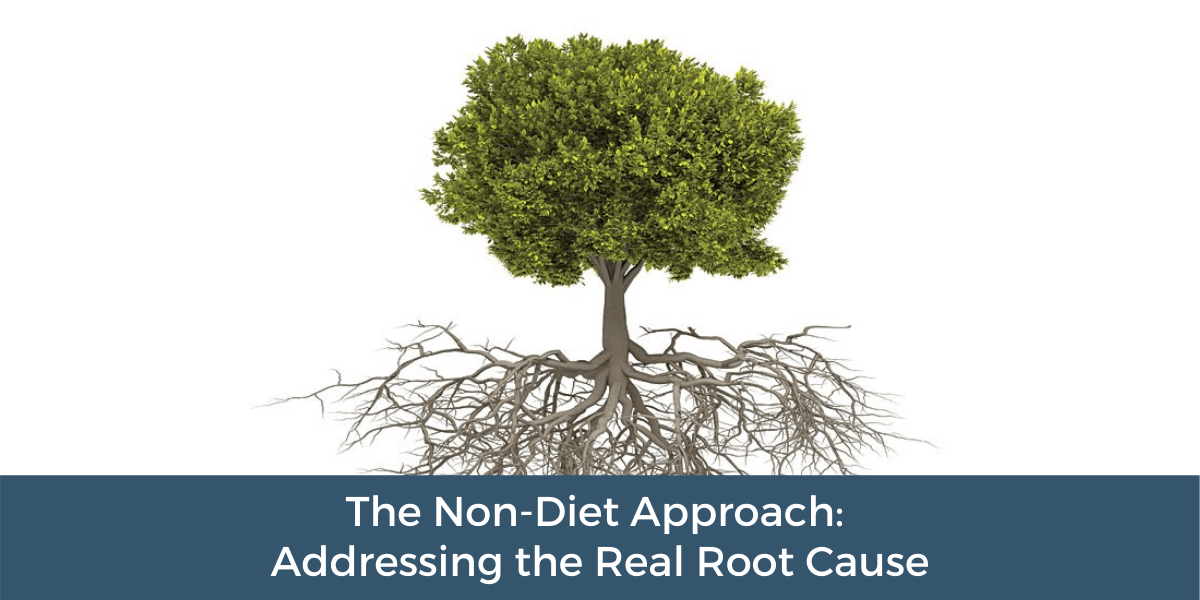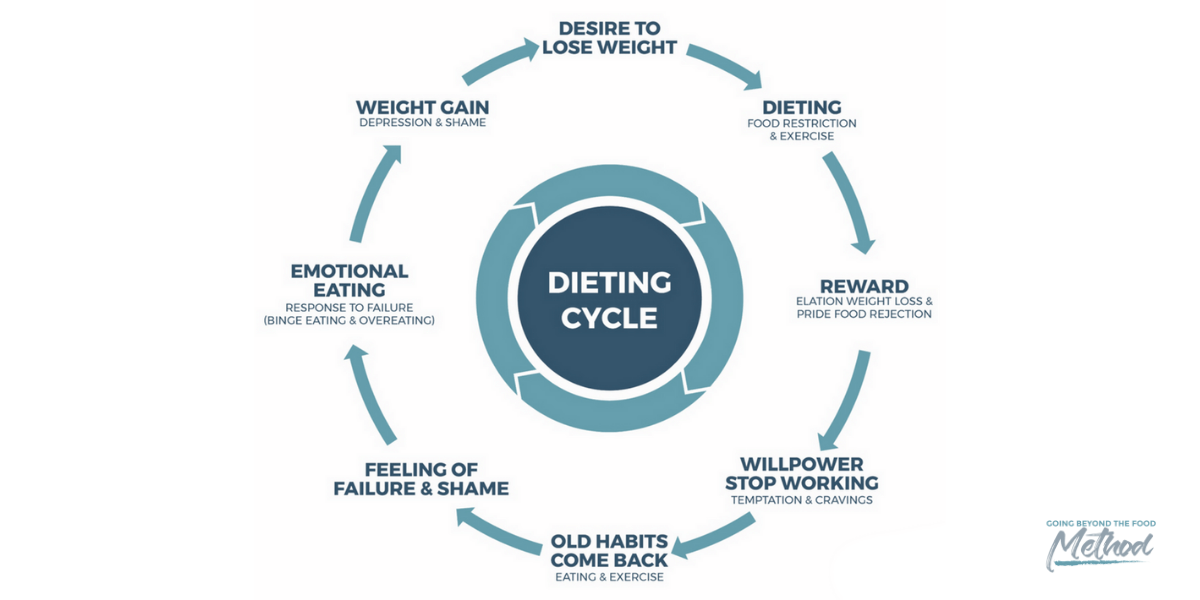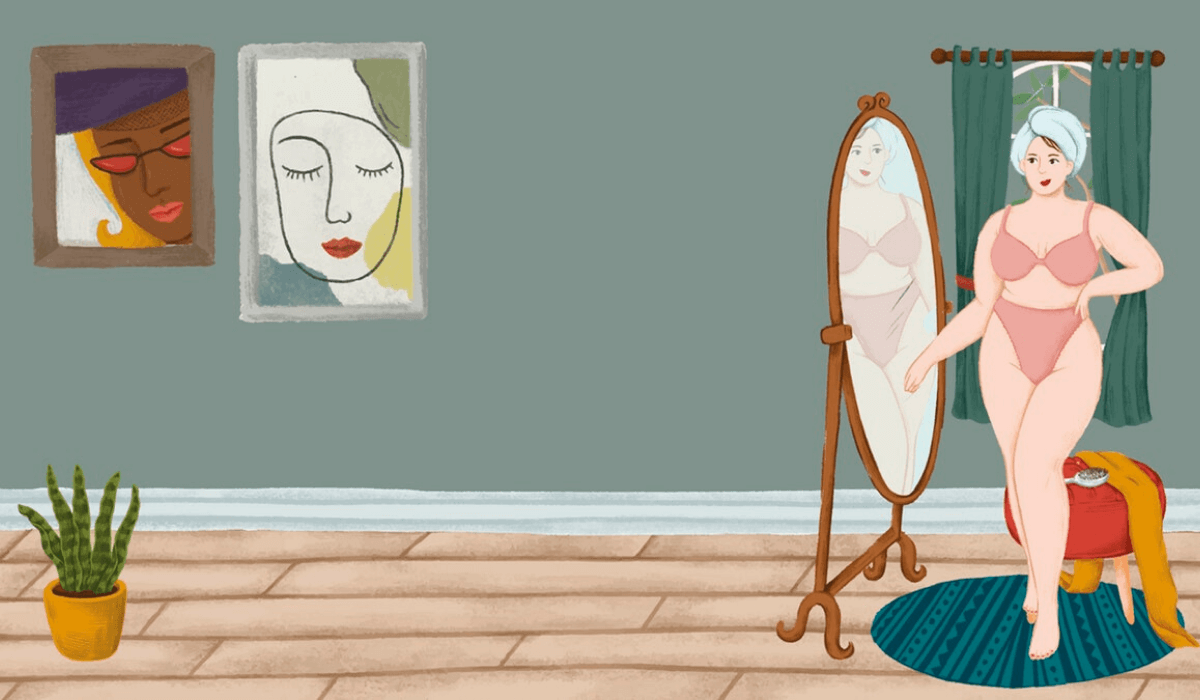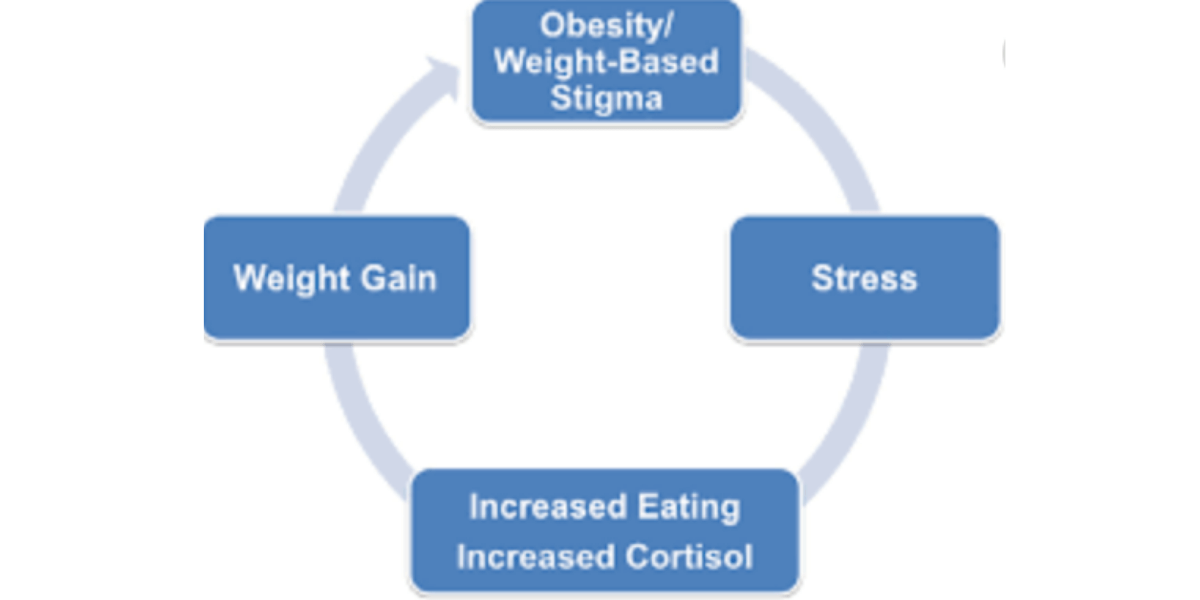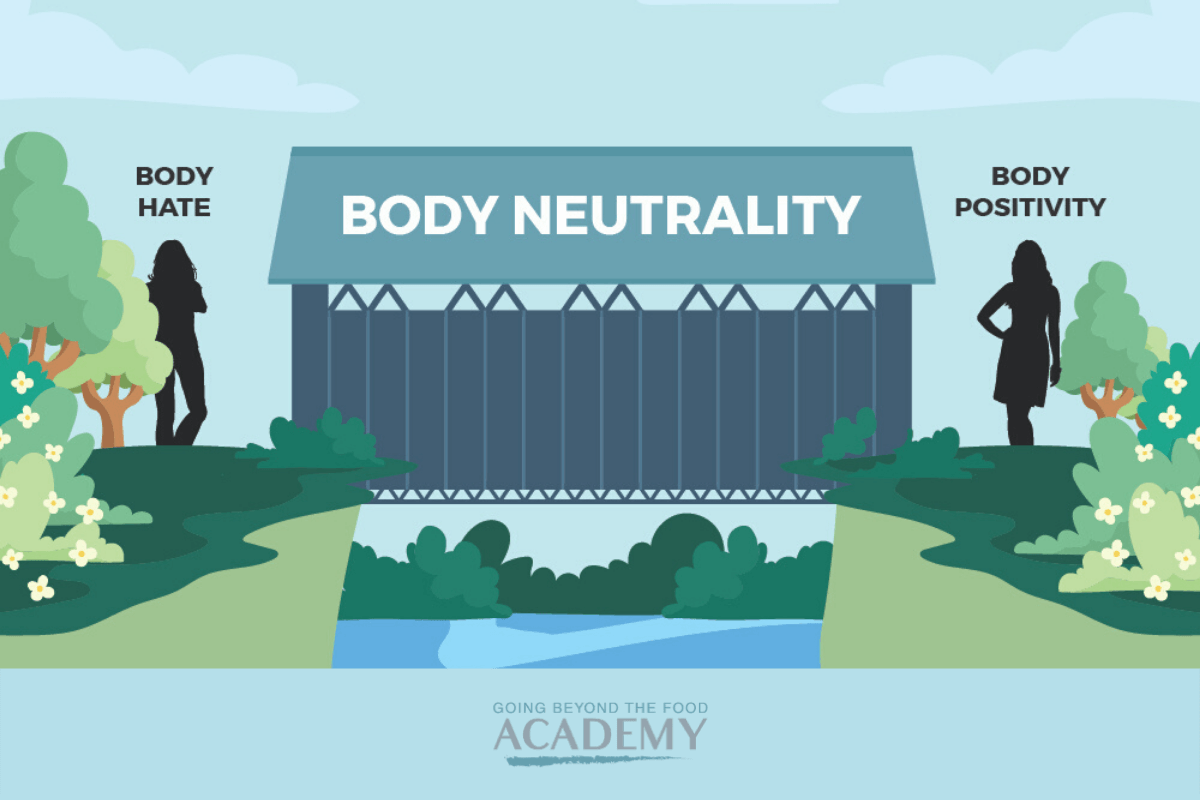Are you thinking: Is intuitive eating for weight loss?
That’s a very valid question, given the society we live in. Losing weight seems to be the answer to almost anything these days: to get healthy, to be happy, to be beautiful, to be confident, to have more money, etc. Being in a smaller, thinner body seems to be the key to everything.
But is it? Is thinness at the root of happiness and health?
In short, the answer is no… If it were true, then all “thin” people would be happy and healthy. But when we look around us, we quickly have the answer to that question. To the opposite, all “fat” people would be unhealthy and unhappy… which again isn’t the truth. I have been on both ends of body size and I can testify to this truth… my health and happiness was never the result of my body size.
One of the most frequent questions I receive when I teach women about intuitive eating is “My BMI is higher than normal so I need to lose weight”. BMI or body mass index is a common metric that most MD use to determine whether their patients are overweight or not.
But how reliable is BMI as a measure of health? Does it really reflect your health status? Should you use intuitive eating for weight loss? In this article, you will discover facts about BMI that might surprise you. Among other things, I also discuss intuitive eating, the science behind it, and how it can support your health.
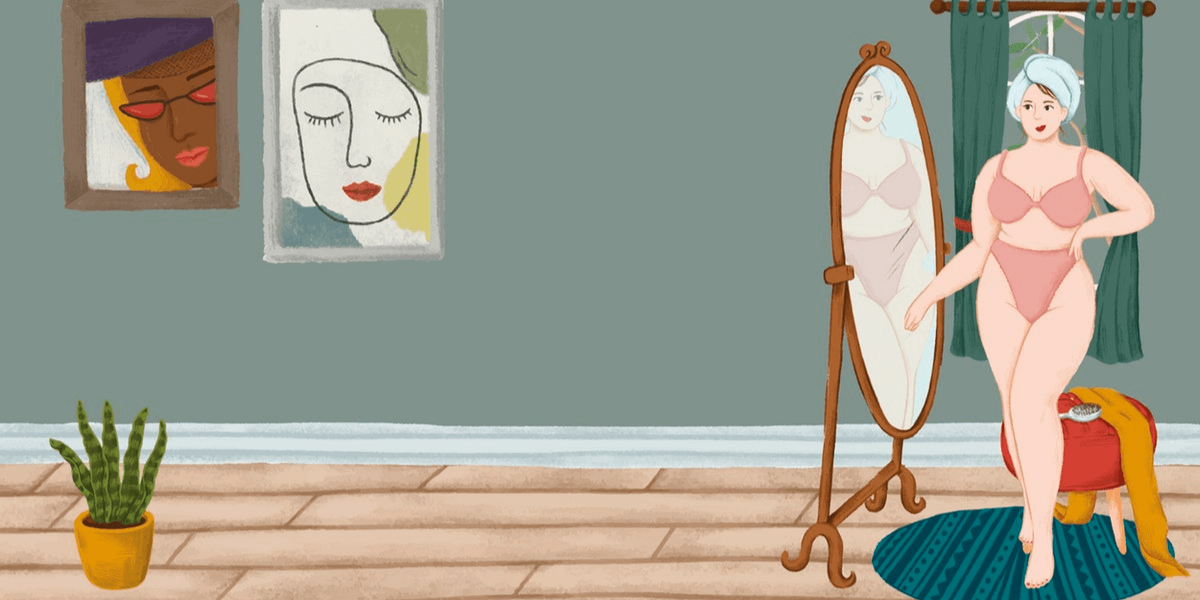
Here’s what you’re going to learn from this article:
Is the BMI an accurate measure of health?
How to determine health status beyond the BMI
Can you lose weight eating intuitively?
The Science behind Intuitive Eating
How to get started with intuitive eating in 5 Steps
10 Intuitive Eating Principles
Do I need to lose weight?
I just did my BMI calculation using the official CDC BMI calculator. A score between 18 to 24.9 means you’re normal; 25 to 29.9 is overweight; and 30 or above is obese.
I bet you’re curious to know my result. It’s 39. I’m considered class 2 obese.
The truth is, as far as I can remember, I’ve always been “overweight” based on BMI. In one of my many diet cycles in my adulthood, I remember hitting one of my lowest body weights, which was 180 lbs. I had a body fat of 18% and wore size 8 clothes.
However, when I calculated my BMI, it showed that I was overweight. I remember the day I did the calculation and seeing the result. It sent me down a spiral of shame and binging. I thought I still wasn’t good enough.
Yet I was as healthy as ever. I had just received a full annual health check and was no longer considered pre-diabetic. My cholesterol was well below normal and my blood pressure was stellar. Also, my inflammation blood markers were the lowest they could be. And still, I was overweight.
That’s when my journey with intuitive eating began.
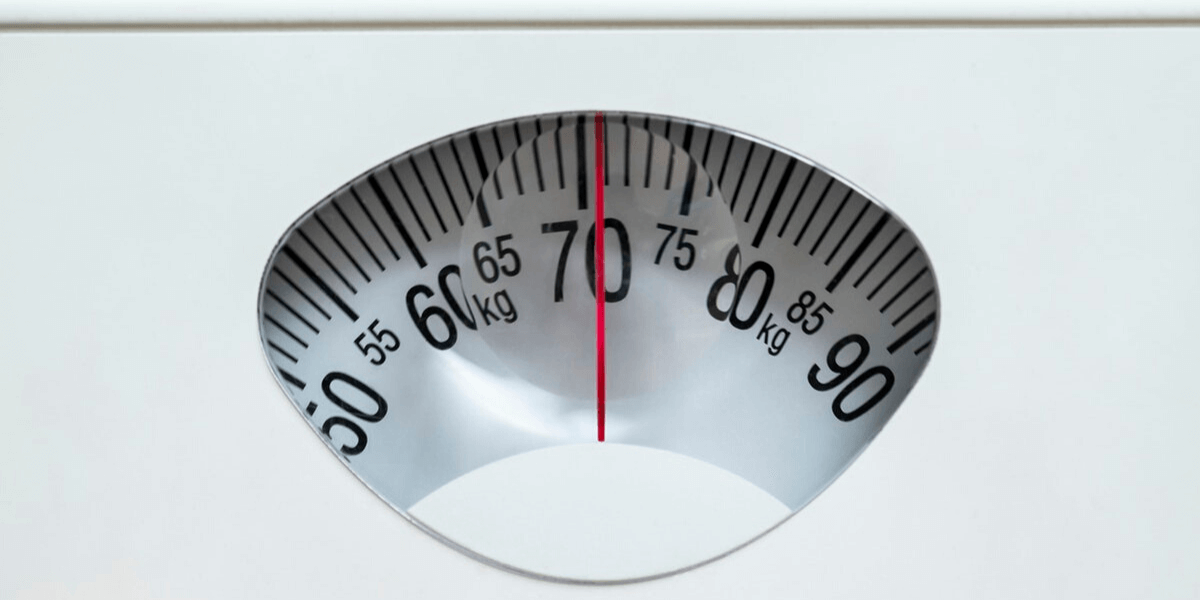
The history of the BMI
The mathematical formula known today as BMI was first introduced in the early 19th century by a Belgian named Lambert Adolphe Jacques Quetelet. He was a mathematician. Take note: he was neithera medical doctor nor physician. He produced the formula to give a quick and easy way to measure the degree of obesity of the general population to assist the government in allocating resources.
It’s not until 1972 that Ancel Keys brought it back with its modern name, body mass index (BMI).
Before 1980, doctors generally used weight-for-height tables — one for men and one for women — that included ranges of body weights for each inch of height. These tables were limited because they were based on weight alone rather than body composition.
BMI became an international standard for obesity measurement in the 1980s for usage in public health and insurance purposes. The wider public learned about BMI the late 1990s, when the government launched an initiative to encourage healthy eating and exercise. Up to 1998, the BMI category of overweight began at 27.8.
Overnight millions of people became overweight
In 1998 the NIH decided to lower the BMI cutoff for overweight, from 28 for men and 27 for women to 25 for both sexes. The cutoff for was reduced to 25 because “It’s an easier number to remember.”
And just like that—overnight, 25 millions of Americans became overweight! And since then we’ve been on the rampage with “obesity epidemic.” Is it really an epidemic or simply a result of the 1998 new “cut off” that created the epidemic?
Is the BMI an accurate measure of health?
What happens if you are over the prescribed normal BMI?
Many experts say that BMI is an inaccurate measure of health or fatness. In other words, they disagree with the prescribed BMI.
A 2016 study by researchers at UCLA, published in the International Journal of Obesity, looked at 40,420 adults in the most recent U.S. National Health and Nutrition Examination Survey. They assessed their health as measured by six accepted metrics (not including BMI) blood pressure, triglyceride, cholesterol, glucose, insulin resistance and C-reactive protein.
It found that 47 percent of people classified as overweight by BMI and 29 percent of those who qualified as obese were healthy as measured by at least five of those other metrics.
In contrast, 31 percent of normal-weight people were unhealthy by two or more of the same measures.
Therefore, based on this large study, we can be healthy and yet be considered overweight by the BMI standard. Conversely, we can have a normal BMI and yet be unhealthy.
If we are honest with ourselves, we see these same results in our day-to-day life. Look around you…How many people who are “thin” are actually sick? Perhaps, they’re diagnosed with diabetes or cancer. On the flip side, how many “ BMI overweight” people in your life now are healthy and happy?
So it begs the question: Over what weight exactly? Over the BMI-weight!
How to determine health status beyond the BMI
The problem is that the BMI doesn’t tell the whole story of health. Human health is far more complicated than simply body weight.
Now that we know that the BMI can be an unreliable measure of health, how do we determine if we’re healthy or not?
That’s a question that many researchers are currently asking and studying. And there is still no definite answer.
One option to consider would be the six physiological metrics mentioned in the large 2016 study mentioned above: blood pressure, triglyceride, cholesterol, glucose, insulin resistance and C-reactive protein. The medical community accepts these metrics as determinants of physical health.
However, there’s more to health than your physical well-being. The World Health Organization defines health as “a complete state of physical, emotional, and social well-being, not merely the absence of disease or infirmity.”
Your mental and emotional health also matters, so it’s not enough to be physically healthy. You have to ask yourself, “How do I feel about my body?” Certainly, the way you feel about your body determines how likely you are to take care of yourself.
As I’ve discussed in one of my articles, Health Beyond Dieting, researchers have found a link between how women feel about themselves and their health behaviors. The better they feel about their bodies, the more likely they are to take care of themselves. On the other hand, women who are dissatisfied with their bodies are least likely to take part in health-related activities and to eat properly.
That’s the power of intuitive eating versus dieting (BMI-focused approach to health). Intuitive eating is built upon the fact that health is merely more than just body weight.
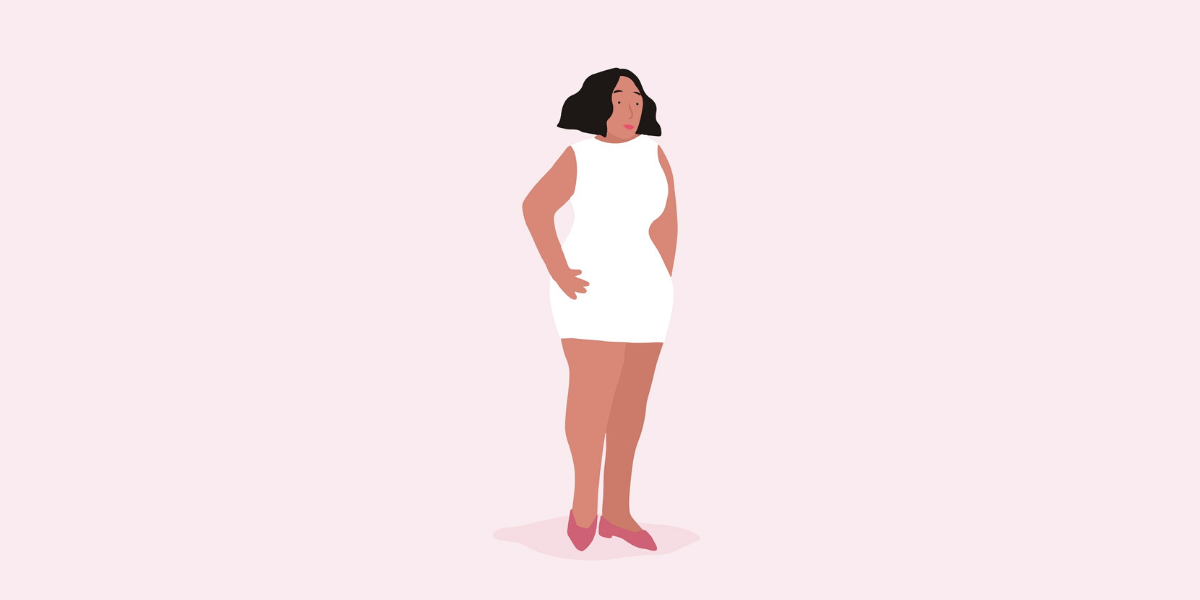
What is Intuitive Eating?
I’ve always given this intuitive eating definition to those who ask me what it means: “a self-care eating framework that teaches you to have a healthy relationship to food, using your body’s internal cues of hunger, fullness, and satisfaction to guide your eating behavior.
Most importantly, intuitive Eating goes beyond the food and also considers how you engage with your body image, movement, and nourishment for your health. You can read more about the 10 intuitive eating principles in this article.
Can you use intuitive eating for weight loss?
I’ll level with you. If losing weight is your main goal for eating intuitively, you might be disappointed.
Weight loss isn’t the end goal of intuitive eating. Rather, it is developing a healthy relationship with food and one’s body. When you have a healthy relationship with food and your body, you’ll be more inclined to care for your health, not only physically, but also mentally and emotionally.
Certainly, some people do lose weight when they eat intuitively, but this isn’t always the case. Your weight may stay the same. Or you might even gain weight.
To clarify, here’s the point: when you eat intuitively, you chase health rather than weight loss.
Here’s a caveat: if anyone tries to sell intuitive eating for weight loss, don’t buy it! This eating framework isn’t compatible with intentional weight loss. Using intuitive eating for weight loss will only prevent you from being attuned to your innate eating cues. Instead, it will keep you focused on controlling how much you eat and what food you eat.
To all of you now that are thinking: “… but I need to lose weight,” I invite you to read this article.
The health benefits of Intuitive Eating
Intuitive eating is an approach to eating that’s backed by over 100 scientific research.
In one of my articles, I give a run-down of the evidence-based health benefits of intuitive eating. Here are some of those benefits:
- Improved cholesterol levels
- Lower stress levels
- Increased energy
- Improved mental health
- Lower eating disorder occurrence
- Improved body awareness
- Enhanced self-esteem
- Improved level of happiness
How to get started with intuitive eating
By now, you should know that you must chase health instead of using intuitive eating for weight loss. You can start building a healthier relationship with food and your body through intuitive eating in 5 easy steps:
Step 1: First, understand the diet culture and your power to choose.
The diet culture is so prevalent in the world today. It teaches people that being thin is the way to go. Also, it tells you that if you don’t conform to this thin ideal, you’re morally weak and unhealthy. Of course, we know that this is a lie! Certainly, you have the choice to reject this lie and break free from this insidious culture.
Step 2: Reject the diet culture.
You get to choose the way you think about your body. Don’t allow yourself to be a slave of this oppressive culture. Take your first steps to freedom by unfollowing social media accounts that use the weight loss lingo and uphold dieting myths. Toss out the books and delete videos, apps, and e-books that are part of the diet culture. Don’t be fooled by diet-culture programs that are wellness programs in disguise.
Step 3: Be present with your food.
First, before you eat, unplug from all distractions such as your phone and the television. Then, using your five senses, immerse yourself totally into the experience of eating. Enjoy it!
Step 4: Shift from external eating cues to your body’s internal eating cues.
Don’t pay attention to your calories and macros. Instead, use your body’s natural cues to guide what and how much you eat.
Step 5: Seek satisfaction from food.
Eat foods that you enjoy. Listen to your body and observe how certain foods make you feel. Eat more of those that make you feel good.

10 Intuitive Eating Principles
If you want to integrate intuitive eating into your lifestyle, then you must know these 10 principles:
Reject the diet mentality.
Get rid of all the books, articles, videos, and other materials that falsely promise easy, quick, and permanent weight loss. Don’t buy into the lie that you’re a failure or something is broken in you just because another diet has failed you.
Honor your hunger.
Nourish your body properly and fuel it with enough calories. Depriving your body of food will put your body into the starvation mode and will consequently cause you to overeat. On the other hand, when you honor your hunger, you learn to trust your body’s natural eating cues.
Make peace with food.
Stop labeling food as “good” or “bad.” It can result in uncontrollable cravings and binge eating. Therefore, food labeling will do more harm than good. Also, if you succumb to the “temptation” to eat that you’ve labeled as “bad,” you’ll feel guilty. Eat without any conditions!
Challenge the food police.
Silence the voice inside your head that says you’re “good” for counting your calories or “bad” because you ate a slice of chocolate cake, for instance. Drive it away and tell it to never come back!
Respect your fullness.
Be mindful of your body signals that let you know that you’ve had enough food. When you’re no longer hungry, pause in the middle of eating and ask yourself:
- How does the food taste?
- How full are you?
Discover the satisfaction factor.
Remember that you’re meant to eat, not just to survive, but also to enjoy the experience of eating. The ability to enjoy the flavors and textures of the food in your mouth is a gift. On the other hand, the diet culture teaches us that enjoying this gift will only lead to overeating. The truth is, if you allow yourself to enjoy the pleasure of eating, you will subsequently feel satisfied sooner.
Honor your feelings without using food.
We are all emotional eaters. In many instances, we try to soothe negative emotions with food. However, there are ways to comfort yourself and resolve your issues other than food. Food temporarily soothes emotional discomfort. But it won’t fix the underlying problems that cause the uncomfortable emotions. So you need to deal with the source of the emotion.
Respect your body.
Don’t try to fit into the thin ideal that the diet culture worships. Instead, accept the body you were born with! You’re perfect just the way you are.
Exercise—feel the difference.
You don’t have to spend long hours at the gym. Just go outside for a brisk walk or bust some moves! Most importantly, stop focusing on the calorie-burning effect of exercise and enjoy what you’re doing. Exercise makes you feel good by making your body release endorphins, the “feel-good” hormones.
Honor your health.
Eat foods that taste good and make you healthy. Always remember that you don’t have to eat a perfect diet to be healthy. What’s important is what you eat consistently over time. Above all, stop aiming for perfection. Rather, make progress your goal.
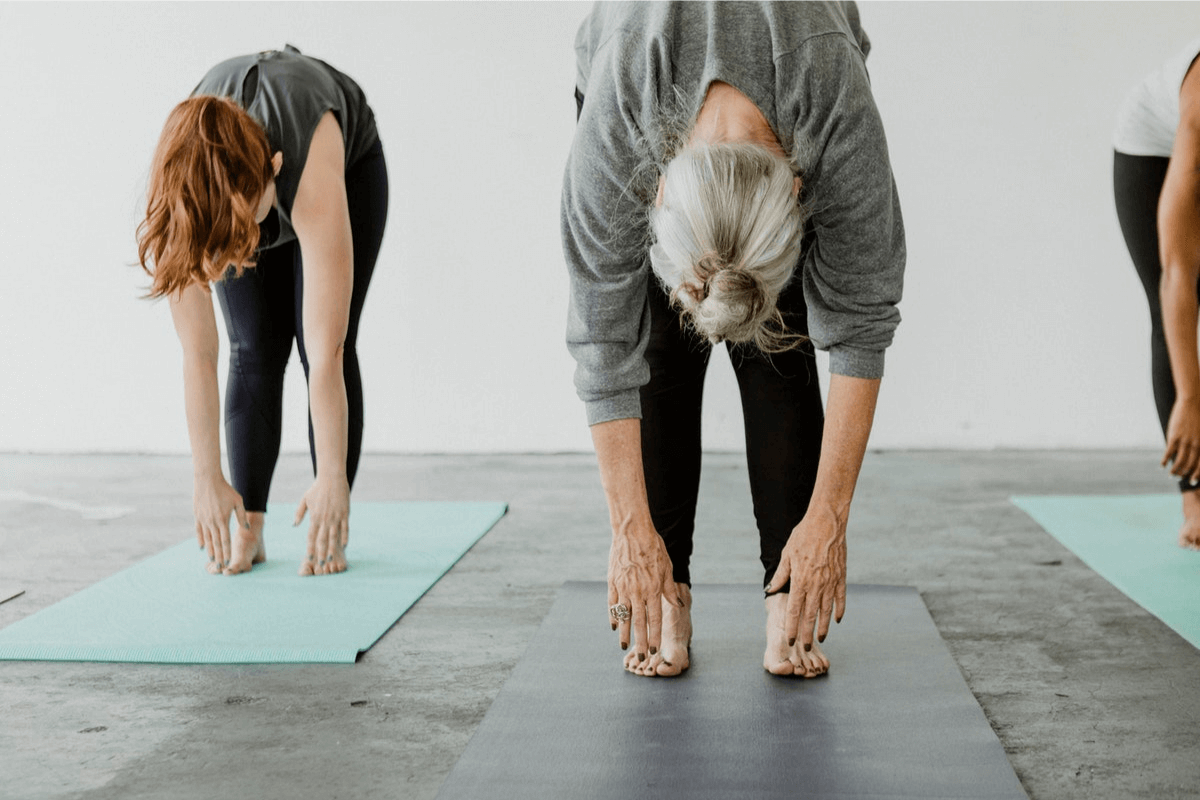
Intuitive Eating Guide
Ready to feel better and be healthier? I have prepared some resources to help you start eating intuitively:
- Get started with our free intuitive eating guide.
- Listen to our Intuitive Eating podcast episodes on the Going Beyond the Food Show. Here, I invite health experts who share their insights on intuitive eating and other health topics.
- Get tips and more information from my Intuitive eating blog.


